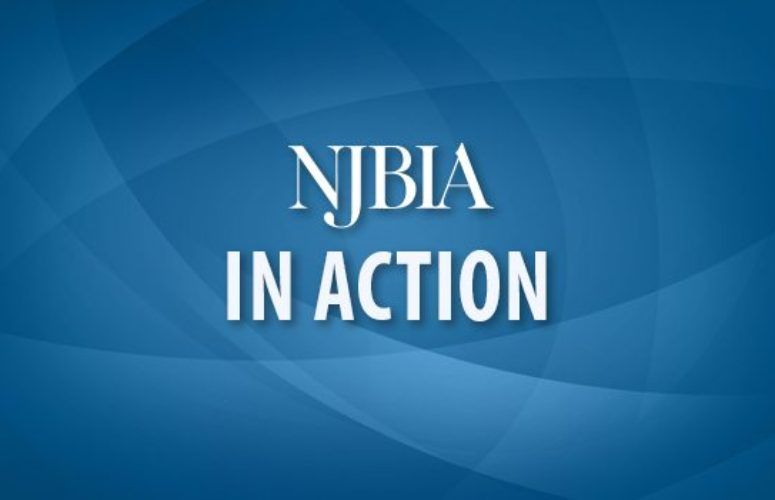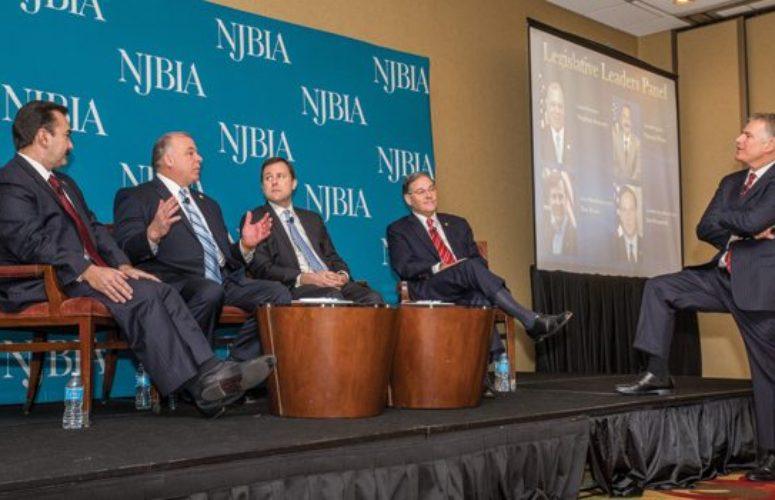
A Challenging 2018; Hope in 2019
At Issue
By Christine Buteas, NJBIA Chief Government Affairs Officer On Dec 29, 2018
Christine Buteas,
NJBIA Chief Government Affairs Officer
Let’s face it, Gov. Phil Murphy’s first year has been challenging for businesses. Taxes, workplace mandates and legal liabilities increased for job creators in 2018. But there is room for optimism in 2019 because in areas such as workforce development and innovation, NJBIA and Governor Murphy are on the same page.
Governor Murphy had campaigned on several issues widely opposed by the business community: mandating paid sick leave, the toughest-in-the-nation equal pay act, a $15-an-hour minimum wage, and legalizing marijuana.
The paid sick leave and equal pay laws were signed last spring, and cannabis legislation has cleared the appropriations committees of both houses and will likely become law. The Assembly Speaker has introduced a $15 minimum wage bill that we expect to move quickly.
Then there’s Governor Murphy’s first budget: It increased spending by about $900 million, imposed an 11.5 percent corporate business tax (CBT) surcharge on companies making more than $1 million, included provisions for combined reporting, and increased income tax rates to 10.75 percent on income over $5 million.
While the tax provisions will certainly add to the burden on business, they could have been worse. NJBIA convinced legislators to dial back the original proposals, which had a considerably lower threshold for the income tax and had the CBT going up to as much as 13 percent.
Likewise with paid sick leave. NJBIA was able to negotiate several amendments, including pre-emption of local ordinances (13 municipal laws were in effect at the time), reducing the minimum leave from 72 hours of paid sick leave a year to 40 hours, and allowing businesses to require new employees to wait 120 calendar days after they start before using paid sick leave.
These issues grabbed the biggest headlines, but they only tell half of the story. On issues such as workforce development and innovation, Governor Murphy and NJBIA are striving for the same goals.
Workforce development is particularly important. New Jersey businesses, like those throughout the country, are facing a severe shortage of skilled labor. Good jobs are going unfilled and business growth is being hampered because employers cannot find workers they need now.
To address the problem, the state has turned to apprenticeships. The state budget included $10 million to start the New Jersey Apprenticeship Network to ramp up apprenticeship programs by laying the groundwork for a historic expansion of apprenticeship opportunities that will benefit workers and employers alike. The program incorporates the efforts of the NJ Department of Education, Department of Labor & Workforce Development, and Commission on Higher Education to prepare students for the jobs available right now.
For innovation, the administration has created the Research with NJ database detailing all of the innovation-related assets New Jersey colleges and universities can make available to businesses. This had been one of NJBIA’s goals since 2010.
But the centerpiece of the governor’s innovation policies is the New Jersey Innovation Evergreen Fund (NJIEF). The NJIEF would raise approximately $250 million in capital by competitively auctioning new state tax credits to New Jersey corporations who want to participate in the innovation economy. The fund would then invest the auction proceeds, alongside at least $250 million in funds from venture capital firms, into promising startups with the potential to scale up and create jobs.
While NJBIA has not fully endorsed the program – too many details need to be clarified first – it clearly has the potential to make New Jersey a high-tech hub that can attract the kind of businesses that will sustain our economy for years to come.
To access more business news, visit NJB News Now.
Related Articles:





